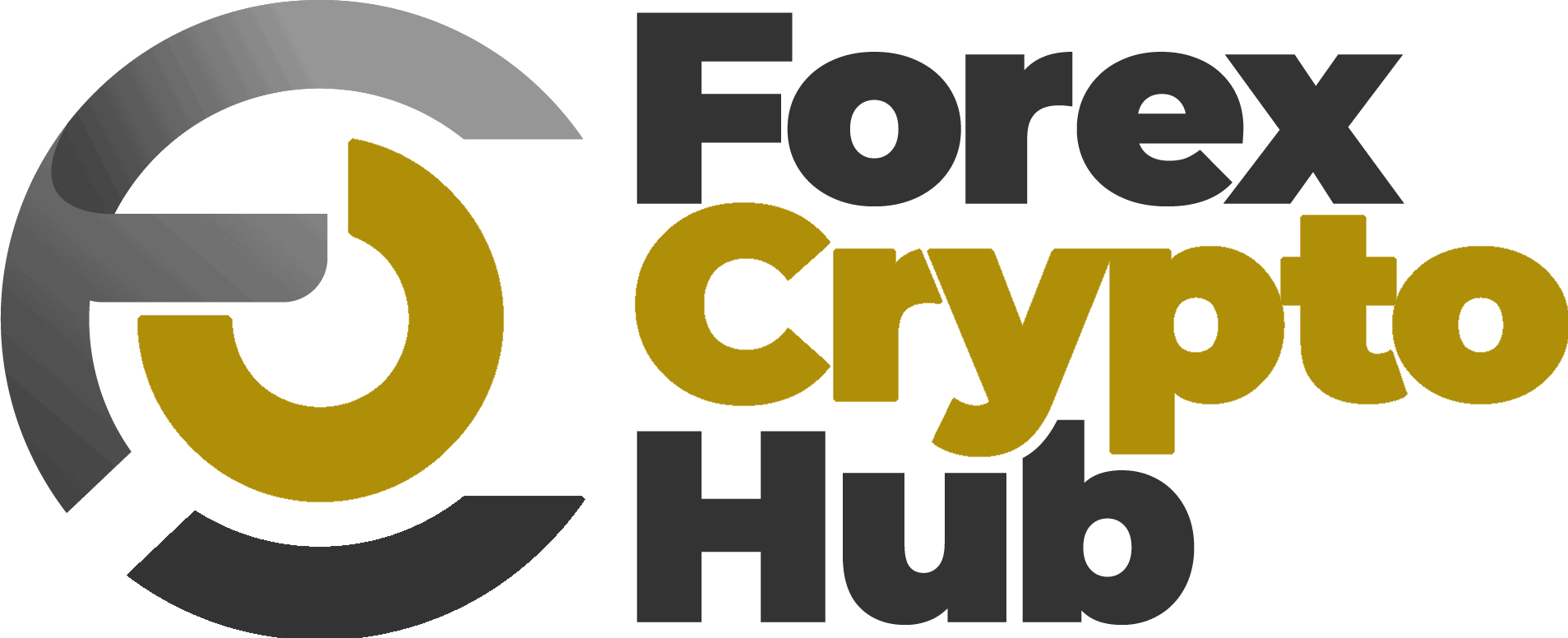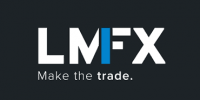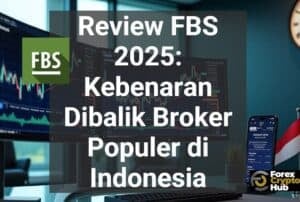Forex Brokers Accepting Bitcoin Deposits
Article Summary:
- Best Forex Brokers Accepting Bitcoin Deposits
- What is Bitcoin?
- List of Forex Brokers Accepting Bitcoin
- How Does Bitcoin Work?
- Where to Buy Bitcoin
- Pros and Cons Of Using Bitcoin
- Risks of Depositing Bitcoin to Your FX Account
- Why Should FX traders Use Bitcoin
- FAQ’s
Best Forex Brokers Accepting Bitcoin Deposits
What is Bitcoin?
List of Forex Brokers Accepting Bitcoin
- FXOpen: FXOpen was the first retail forex broker to accept Ethereum deposits in 2016. As of 2021, the broker supports Bitcoin, Bitcoin Cash, Litecoin, Emercoin, Tether and Ethereum.
- Trader’s Way: Trader’s Way is a popular offshore broker specializing in providing higher leverage to traders worldwide. Banks and payment institutions aren’t keen on processing payments for offshore brokers. Trader’s Way takes fill advantage of cryptocurrencies to support deposits and withdrawals for their clients. The broker supports Bitcoin, Ethereum, Litecoin, XRP, USD Coin, TrueUSD and Stellar.
- LMFX: LMFX offers a wide range of account types, including a free demo account, as well as micro, standard, and zero spread accounts. The broker also claims to offer tight spreads, fast execution and a leverage of up to 1:1000
Full List Of Forex Brokers That Accept Bitcoin Deposits
Broker Name | Accepts Bitcoin | Other Cryptocurrencies Supported | Regulations |
|---|---|---|---|
FBS | Yes | Bitcoin Cash, Ethereum, Litecoin, Tether | CySEC, ASIC, FSCA, IFSC |
BlackBull Markets | Yes | Tether (USDT) | FMA (New Zealand), FSA (Seychelles) |
FXOpen | Yes | Bitcoin Cash, Litecoin, Ethereum, Tether | FCA, CySEC, ASIC |
Trader’s Way | Yes | Ethereum, Litecoin, XRP, USD Coin, TrueUSD, Stellar | Unregulated (Offshore) |
HFM | Yes | Bitcoin, Ethereum, Litecoin, Tether | FCA, CySEC, FSCA, DFSA |
Exness | Yes | Bitcoin, Tether (USDT) | FCA, CySEC, FSCA, CMA |
Yes | Bitcoin, Ethereum, Tether, Ripple, Cardano, Dash, USDC | ASIC, CySEC, FSCA | |
ThinkMarkets | Yes | Bitcoin, Ethereum, Litecoin, Tether | FCA, ASIC, FSCA |
Octa | Yes | Bitcoin, Ethereum, Tether | CySEC, FSCA |
How Does Bitcoin Work?
The Bitcoin network processes Bitcoin transactions, a decentralised group of volunteers that collectively support the network. The Bitcoin network consists of nodes that collect and verify new transactions and store a copy of the blockchain, a complete history of transactions since the very first in 2009. Miners collect pending transactions from nodes and compete to complete a resource-intensive puzzle.
Bitcoin transactions are processed in blocks; each block of transactions references the previous block, resulting in a chain of blocks or a blockchain.
The complexity of the puzzle adjusts every two weeks to regulate the interval between blocks. The target interval between blocks is 10 minutes. If the puzzle is too easy, blocks will get mined too fast, whereas blocks will get mined too quickly if the difficulty is too high.
The block size is capped at 1MB, and a basic Bitcoin transaction is approximately 226 bytes; each block can fit approximately 4,424 basic transactions. However, transactions can contain additional data, such as multiple recipients, known as outputs. The more instructions a transaction contains, the larger it will be.
Bitcoin miners are compensated by newly minted coins created whenever a block is mined, known as the block reward. The current rate is 6.25 BTC (approximately US$380,000 at the time of writing) per block and reduces approximately every four years. Voluntary transaction fees also incentivize miners. When a Bitcoin transaction is created, the sender has the option to include transaction fees.
To receive or spend Bitcoin, you need a Bitcoin wallet. Many people think of Bitcoin wallets as e-wallets like PayPal or Skrill, but it’s not that simple. Bitcoin wallets are a public key and private key that, when combined, let you authorise transactions. Using the public key, you can create addresses, which are essentially aliases.
While that might sound very complicated, luckily, there are many apps for managing your public key and private key and creating transactions. Such as Coinbase, Electrum, Atomic Wallet and Exodus. You can also store Bitcoin and other cryptocurrencies in trading accounts with exchanges.
Where To Buy Bitcoin
You can buy Bitcoins and other popular cryptocurrencies supported by many forex brokers in various ways.
- You can buy Bitcoin and other cryptocurrencies using your credit/debit card with platforms like Simplex, MoonPay and Ramp.
- Depending on your region, you can buy cryptocurrency via various e-wallet apps like Skrill, PayPal and Square.
- Some cryptocurrency exchanges support fiat trading and accept bank transfers to deposit money to your trading for buying Bitcoin. Well-known exchanges accepting bank deposits include Coinbase, CEX.io, Bitstamp and others.
- It’s possible to buy Bitcoin from other people by arranging in-person or local deals through online marketplaces and classified sites, like LocalBitcoins.com.
The Advantages and Disadvantages of Using Bitcoin
Paying with Bitcoin has numerous advantages for customers and merchants. However, some of the advantages of Bitcoin are also considered controversial, especially in a financial services environment.
- Bitcoin is permission less. You don’t need permission from any organisation of authority to start using it, unlike a bank account or e-wallet, which requires you to open an account with a licensed financial institution and undergo a compliance review. You can send money to anyone globally, providing they have a Bitcoin address to receive the funds. This is problematic because it enables sanctioned countries, businesses and individuals to bypass restrictions placed on them by governments.
- Bitcoin is pseudonymous. Bitcoin wallets and transactions are not linked to anyone’s identity, which allows users to maintain privacy. However, it is difficult for financial institutions, such as forex brokers, to enforce their anti-money laundering rules.
- Bitcoin transactions are transparent. When you send Bitcoin to an address, the recipient cannot claim they didn’t receive it, as all transactions are recorded on a public ledger.
- Bitcoin transactions are irreversible. A common issue that forex brokers face is clients complain to their bank or issue a chargeback request to their credit card company. Traders who lose money trading the market have difficulty dealing with loss and sometimes believe they were scammed rather than failed. The drawback to this is if you accidentally send money to the wrong address or accidentally send too much, it’s impossible to reverse the transaction.
- Bitcoin is secure. Provided you protect your private key, no one can hack and steal your funds. However, if you lose your private key, anyone can access your funds, and there is nothing you can do to stop them.
- Bitcoin fees are optional. Bitcoin transaction fees are optional, and you can decide how much you want to pay. This means users can send high-value transactions across borders cost-effectively. The drawback is when the number of pending transactions grows; it leads to competition, and miners naturally prioritise the transactions paying the highest fee first. This situation leads to a very high fee requirement.
https://www.investopedia.com/ask/answers/100314/what-are-advantages-paying-bitcoin.asp
Risks of Depositing Bitcoin to Your Forex Account
- Price Volatility: If your account balance is held in Bitcoin, its value fluctuates with BTC’s market price. A sharp decline could reduce your equity, triggering margin calls or stop-outs, even without trading losses. For example, Bitcoin’s price dropped 20% in a single week in Q1 2025, impacting crypto-denominated accounts.
- Conversion Risks: Many brokers convert Bitcoin deposits to USD upon receipt, exposing traders to exchange rate fluctuations. Withdrawals back to Bitcoin may result in gains or losses based on price changes.
- Broker Reliability: Unregulated or poorly regulated brokers may mishandle crypto funds or fail to segregate them, increasing the risk of loss in case of insolvency.
- Security Vulnerabilities: Storing Bitcoin in a broker’s hot wallet (rather than a cold wallet) increases exposure to hacks. In 2024, over $1.7 billion in crypto was stolen from centralized platforms, highlighting this risk.
- Regulatory Uncertainty: Some jurisdictions may impose bans or restrictions on crypto deposits, affecting access to funds or broker operations.
Why Should Forex Traders Use Bitcoin?
- Speed: Bitcoin transactions process in minutes, enabling traders to fund accounts and seize market opportunities without delays, unlike bank transfers that can take 1–5 days.
- Cost Efficiency: Many brokers waive fees for Bitcoin deposits, and network fees are often lower than the 2–5% charged by payment processors for card or wire transactions.
- Chargeback Elimination: Irreversible Bitcoin transactions protect brokers from fraudulent chargebacks, a common issue costing the industry millions annually.
- Global Accessibility: Bitcoin bypasses geographic and regulatory barriers, allowing traders in restricted regions to fund accounts without relying on banks.
Broker Benefits: By supporting crypto deposits, brokers reduce dependency on costly payment processors and maintain operations despite banking restrictions.
Frequently Asked Questions
Many large brokers avoid crypto deposits to preserve relationships with banks and payment processors, which view cryptocurrencies as high-risk due to volatility and regulatory concerns. However, regulated brokers like FP Markets, HFM, and Exness have integrated crypto deposits to meet client demand while maintaining compliance.
Besides Bitcoin, brokers commonly support Ethereum, Litecoin, Bitcoin Cash, Tether (USDT), USD Coin (USDC), XRP, and Dogecoin. Stablecoins like Tether and USDC are popular for their price stability, reducing volatility risks.
Most brokers do not charge fees for Bitcoin deposits, but traders incur blockchain network fees, which vary based on transaction speed and network congestion. Fees typically range from $1–$10 for standard transactions.
Some brokers (e.g., FXChoice, Exness) allow accounts to be denominated in Bitcoin or other cryptocurrencies, but this exposes traders to price volatility. Others convert Bitcoin to USD or another fiat currency upon deposit. Check your broker’s account options.
Depositing Bitcoin is safe with regulated brokers that segregate client funds and use secure wallets. However, unregulated brokers or those with poor security practices pose risks. Always verify regulation and research broker reviews.
Conclusion
About This Article
Author: Mark Prosz
Sources of information and credits for this post include:
https://financefeeds.com/retail-fx-brokers-beware-banks-continue-not-accept-fx-firms-meaning-client-funds-broker-capital-risk/
https://www.statista.com/statistics/277841/paypals-total-payment-volume/
https://www.blockchain.com/charts/estimated-transaction-volume-usd
https://www.investopedia.com/ask/answers/100314/what-are-advantages-paying-bitcoin.asp
*A portion of the Sign up links to brokers websites are affiliate links. We may receive a commission with no charge to you. This enables us to keep creating helpful forex trading content for our readers for free.






